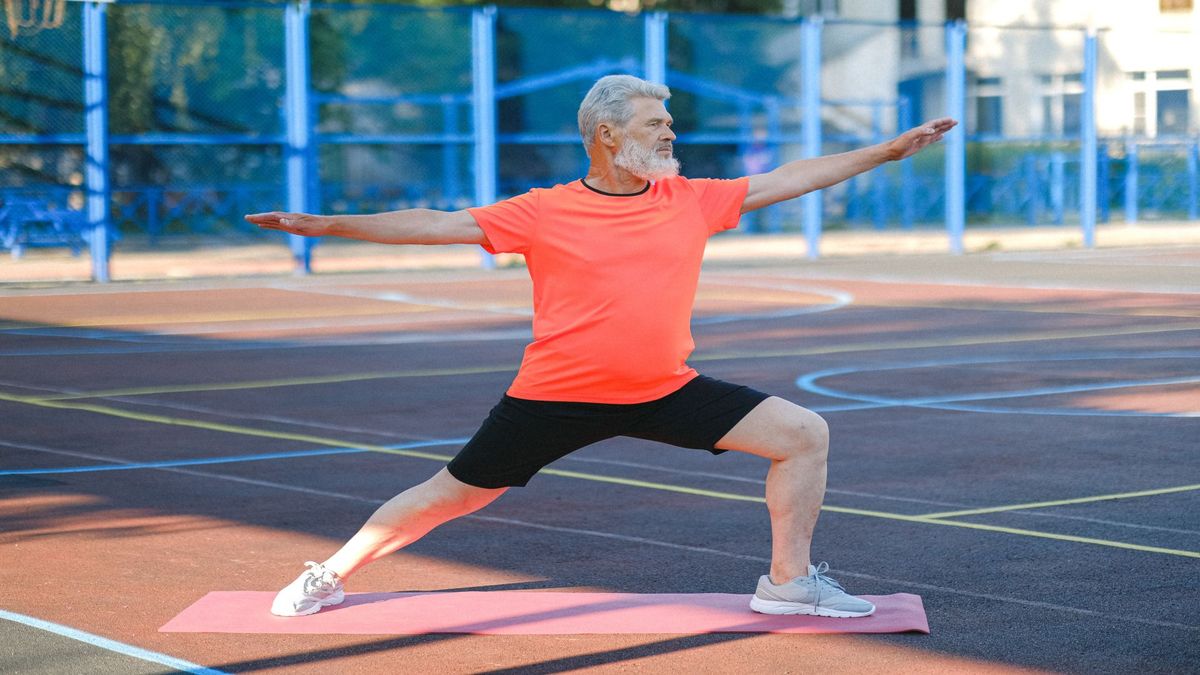The Importance of an Active Retirement
See why an active retirement is so important to the health and welfare of seniors. Seniorly offers a definition of active retirement so you can start planning.

Before discussing the importance of an active retirement, let’s take a look at the origins of “retirement” and how they relate to today’s definition. Retirement was invented by Otto von Bismark in 1889, the German Chancellor who came up with the idea that the government should pay for those who reached old age. The thing is, old age then was considered to be 70 — as was the average life expectancy! Today, we are living much longer, fuller lives, meaning retiring at 65 or 70 means we may still have another decade or two in which to stay active (and fund our lifestyles).
While many Americans live much longer than we did in the 1800s, we aren’t always taking advantage of this longevity and making the most of our retirement. In fact, not making the most of it can actually harm us. For many, the allure of retirement is fabled to include time with grandkids, traveling, and hitting golf balls down range. But the reality is retirement can bring on depression, place stress on finances, and for some, bring on a sedentary lifestyle that actually contributes to poor health and disabilities.
Happily, we might be able to learn from other cultures. While in the U.S. the average life expectancy is 78.74 years, in Japan, where the life expectancy is amongst the highest in the world, it’s 83.10 years. So why do the Japanese live so much longer? The answer lies in part in how Japanese culture views old age and how Japanese seniors define active retirement.
What retired Americans can learn from Japanese culture
Part of the reason the average Japanese person lives so much longer than the average American is because a tropical island chain, called Okinawa, greatly increases the country’s average. Okinawans, on average, live a full seven years longer than most Americans.
There is a lot of research dedicated to finding out why, and we’ll break out some of the major takeaways and showcase how they relate to staying active.
For starters, older Okinawans eat with smaller plates, consciously avoiding overeating, and have a diet rich in carbohydrates. A traditional diet of an Okinawan living over 80 years includes:
- 80% carbs
- Fish three times a week
- Seven servings of vegetables per day
- One or two servings of grain per day
- Two servings of soy in the form of tofu
In addition to this diet, Okinawans form social groups as children and retain them throughout their lives. But perhaps the most indicative reason Okinawans live longer than anyone else is due to how they retire.
Okinawans don’t have a word for “retirement”
In America, we retire and stop working, sometimes to the detriment of our health. In Okinawa, there is literally no word for this action and they never actually stop working. These islanders instead develop what is called “ikigai.” Ikigai means a sense of having “a life worth living.”
It has been researched to determine whether or not it extends one’s longevity. In a study titled Sense of Life Worth Living (ikigai) and Mortality in Japan, researchers found that older adults with a purpose in life were more likely to have higher levels of health and lower stress. In fact, those who found a sense of ikigai had much lower mortality rates, showing that retirement, in the leisurely Western sense, may not be good for us after all.
How to stay active during retirement
Staying active is a key ingredient in a healthy life, but where do you start if you’re not already involved in some kind of ikigai? If you’re considering a nearby assisted living community or are a part of one, you’ll find that there are plenty of activities that you can incorporate into your daily life.
Swimming is a great activity for seniors because it is low impact and is a low-injury-risk form of working out. However, physical activity is not the only form of staying active; joining a gardening club or some kind of social group can be the perfect way to connect with your peers while keeping your mind focused on something that you enjoy waking up to every day. Finding a hobby or volunteer work, or something that will keep you motivated to use your body and mind every day will help keep you healthier and happier in the long run.
When seeking out retirement communities, take a look at the activities that they offer to see if there are any that really stand out to you. Whether it be an independent or an assisted living facility, these communities have lots of events, social groups, and workout classes that you’ll want to enjoy on a day-to-day basis.
Article contributed by Daniel Lofaso, the Community Outreach Manager for Lourdes Noreen McKeen, a retirement and independent living facility in West Palm Beach, FL.
Content Contributor at Seniorly
To learn more about Seniorly's editorial guidelines, click here.
Sign up for our Healthy Aging Handbook
Seniorly’s Senior Living experts created a comprehensive handbook to help people age happily while ensuring they love where they live. Enter your email address below to receive your copy and learn more about Healthy Aging and Senior Living.*
*By submitting your email address above, you consent to receive occasional email communications from Seniorly, including educational content and tips, newsletters, and other relevant updates and offerings. You can unsubscribe at any time and we will never sell or distribute your email address to a third party. You can view our Privacy Policy here.
